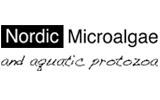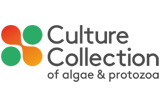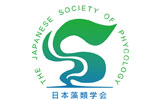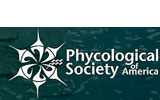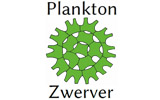Bibliographic Detail
Rasoulouniriana, D., Siboni, N., Ben-Dov, E., Kramarsky-Winter, E., Loya, Y. & Kushmaro, A., 2009
Reference:
Rasoulouniriana, D., Siboni, N., Ben-Dov, E., Kramarsky-Winter, E., Loya, Y. & Kushmaro, A. (2009). Pseudoscillatoria coralii gen. nov., sp. nov., a cyanobacterium associated with coral black band disease (BBD). Diseases of Aquatic Organisms 87: 91-96.
Abstract:
Black band disease (BBD) is a widespread coral disease which mainly infects massive framework-building corals. BBD is believed to be caused by a consortium of microorganisms and may not result from the actions of a primary pathogen. The BBD microbial community is dominated, in terms of biomass, by filamentous cyanobacteria. Here we describe a cyanobacterial strain, designated BgP10_4S(T), cultured from a BBD-affected Favia sp. 25 degreesoal from the northern Red Sea (Gulf of Eilat, Israel). This dark-green pigmented cyanobacterium showed optimal growth at salinities of 5.0 to 5.5% (w/v), pH of 7 to 8 and cultivation temperatures of 25 0C. Morphological examination revealed cylindrical, unbranched trichomes with tapering and blunt cells at the ends which leave a thin mucilaginous trail as they glide. No sheath was evident under these conditions. Inclusion bodies and straight thylakoids were clearly discerned by transmission electron microscopy. Pigment analysis revealed absorption spectra for phycocyanin, carotenoid and chlorophyll a. The sequence of the 16S rRNA gene in this cyanobac(t)erium isolate showed high similarity (99%) to cyanobacterial sequences retrieved from BBD-affected corals from different geographical sites (i.e. the Caribbean Sea, Palau and the Red Sea). The BgP10_4ST strain is observed to be a persisten(t) component of the BBD mat of Faviid corals and may thus be an important agent in the disease etiology. On the basis (of its morphological, physiological and phylogenetic distinctiveness, strain BgP10_4ST represents a novel genus and species of Subsection III (formerly Oscillatoriales), for which the name Pseudoscillatoria coralii gen. nov., sp. nov. is proposed.


